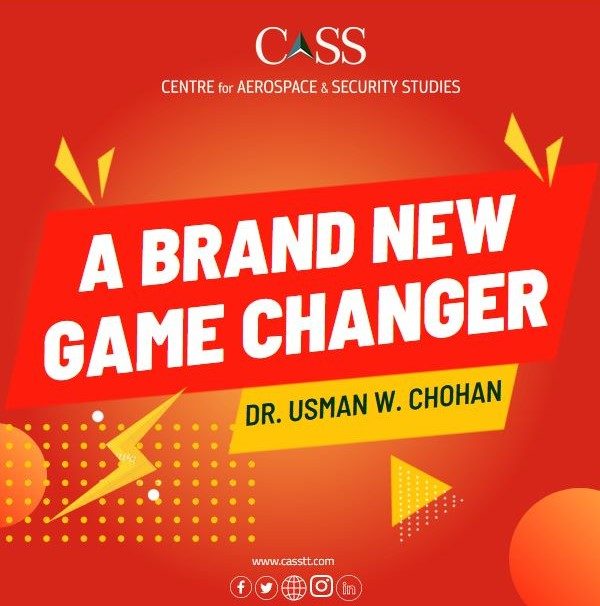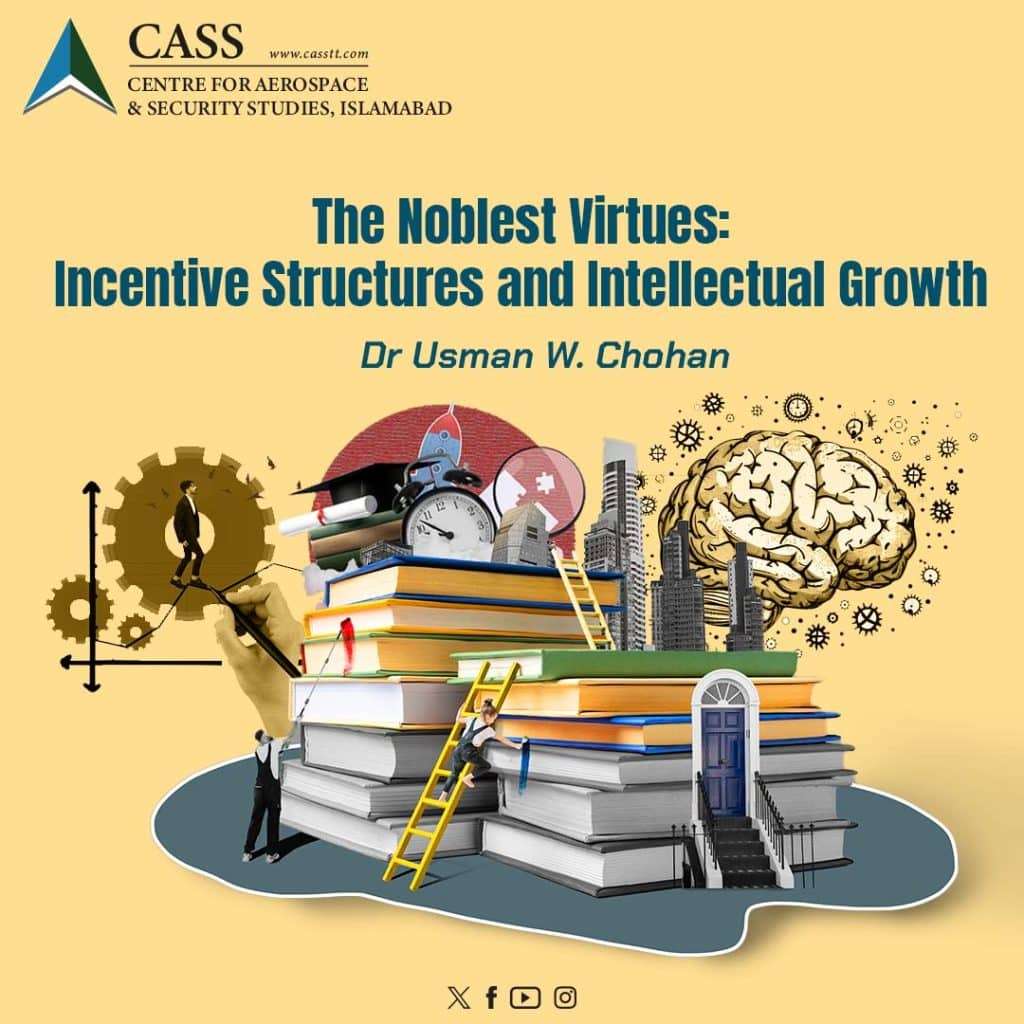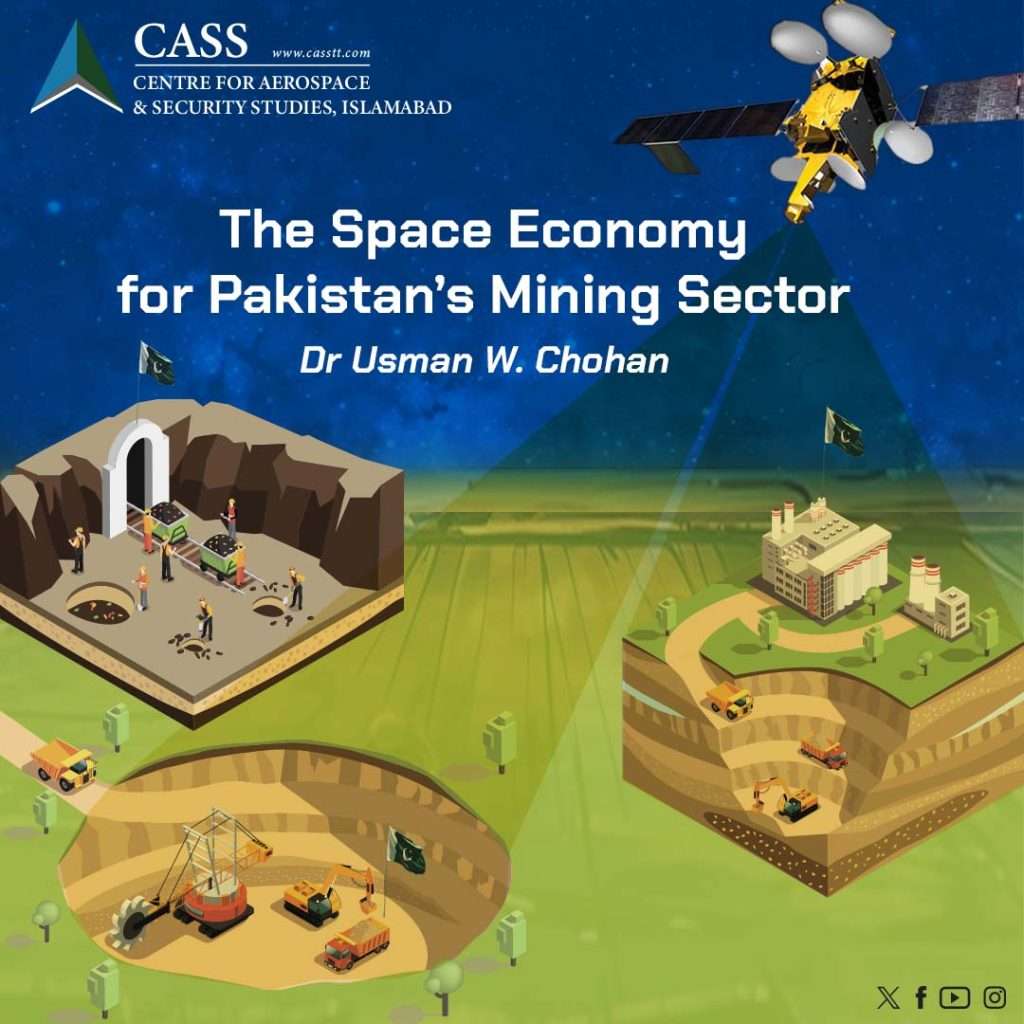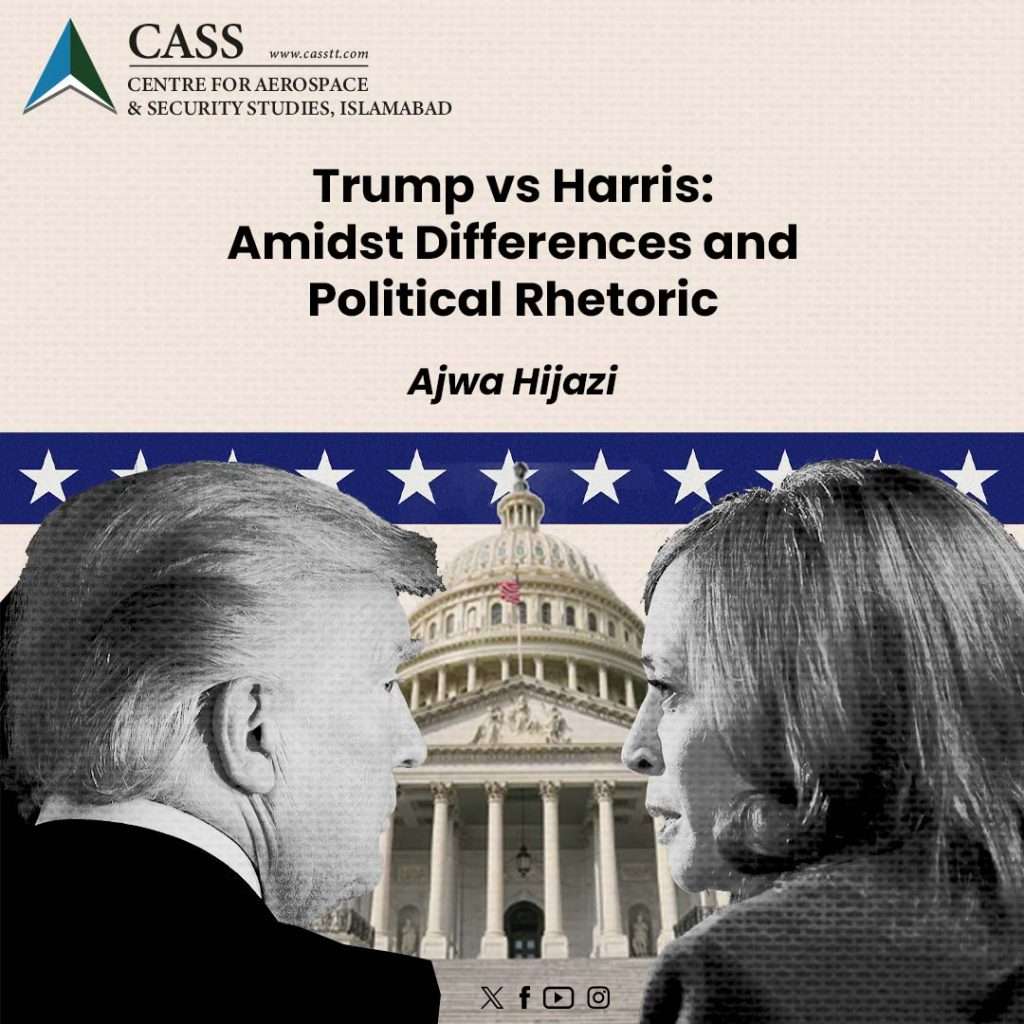The economy has undergone tremendous upheaval over the past year, and the public has been trampled by the combined forces of inflation, unemployment, and economic stagnation simultaneously. The country’s debt profile, growth profile, and foreign reserves profile are all cause for absolute and immediate concern. Yet they have taken a back seat over the foregoing period of economic turmoil, playing second fiddle to a class that is mired in political infighting and expanding its privileges.
In such circumstances, many see the situation as increasingly bleak, which is why it is high time for the economy to come to the forefront. However, in such dispiriting circumstances, an even greater cause for concern has emerged: the ad-hoc creation of a Special Investment Facilitation Council (SIFC), which reflects precisely the sort of thinking that has landed the economy in its current state to begin with.
The premise of the SIFC is to sidestep democratic inputs and concentrate decision-making among a select few who may or may not have sufficient economic expertise. It builds on a “one-window operation” logic that operates in parallel to the bulky, inefficient, and ineffectual existing bureaucratic leviathan. The decision-makers now backing this idea will focus on what they deem to be “priority areas”, and shall develop these in concert with “priority countries.” It is stipulated to be “a streamlined interface for investors and remove all the bottlenecks in investments.” In this sense, one should be wary of the new mantra in town, which is premised on the integration of the economy’s priority sectors with the nomenklatura’s self-assigned areas of concern.
CPEC is not at the crux of this effort, despite the fact that we were always told what a “game changer” it will be. Now we are being presented with another “game changer” in the guise of SIFC. But there is no new game, and no new changer. For this reason, it is unlikely to persuade either foreign or domestic well-wishers to change their reticent investment outlooks. Instead, one sees the repetition of what occurs every decade or so, where the people of Pakistan are spoonfed a slogan, a chamakti laal batti (blinking red light). This sloganeering attitude is what we are seeing in the guise of SIFC. For another ten years, we will hear more and more about the SIFC, but there will not be any public input into the projects, nor will there be any technocratic or meritocratic constitution of the processes behind the SIFC.
In addition, the targets being set, insofar as they are being reported at this early stage, are for “direct jobs for 15 to 20 million people and indirect job opportunities to another 75 to 100 million people in the next four to five years.” These are incalculably exaggerated targets for a country of just 240 million. Even a country of a billion people would be quite reticent to set such high targets, given the scale demanded. On this point, before jumping onto the next chamakti laal batti, shall we not take stock of the previous blinking red light and what we have achieved in that regard until now?
Finally, the economy and security are closely linked, this is true. But this means that security “experts,” insofar as this country can claim to be secure, must leave it to the economic experts to guide decision making in economic affairs, for the national interest, and with accountability for their planning and execution. By contrast, the SIFC seeks to style the security “experts” as the new economic experts. No matter how much they may try to hedge the language, the SIFC cements an economy by the nomenklatura and for the nomenklatura.
This is the natural consequence of a system that has eroded meritocracy and shunned expertise, at the same time that it has rejected the will of the people and the ideals of the Quaid. It is high time we hit the brakes on chamakti laal battis and start to fix the economic system in a totalizing, sincere, and far-sighted manner, with the right brains at the helm, the right people to do the right job, and to be answerable to the people for the job done.
Dr. Usman W. Chohan is Advisor (Economic Affairs and National Development) at the Centre for Aerospace & Security Studies, Islamabad, Pakistan. He can be reached at cass.thinkers@casstt.com.





